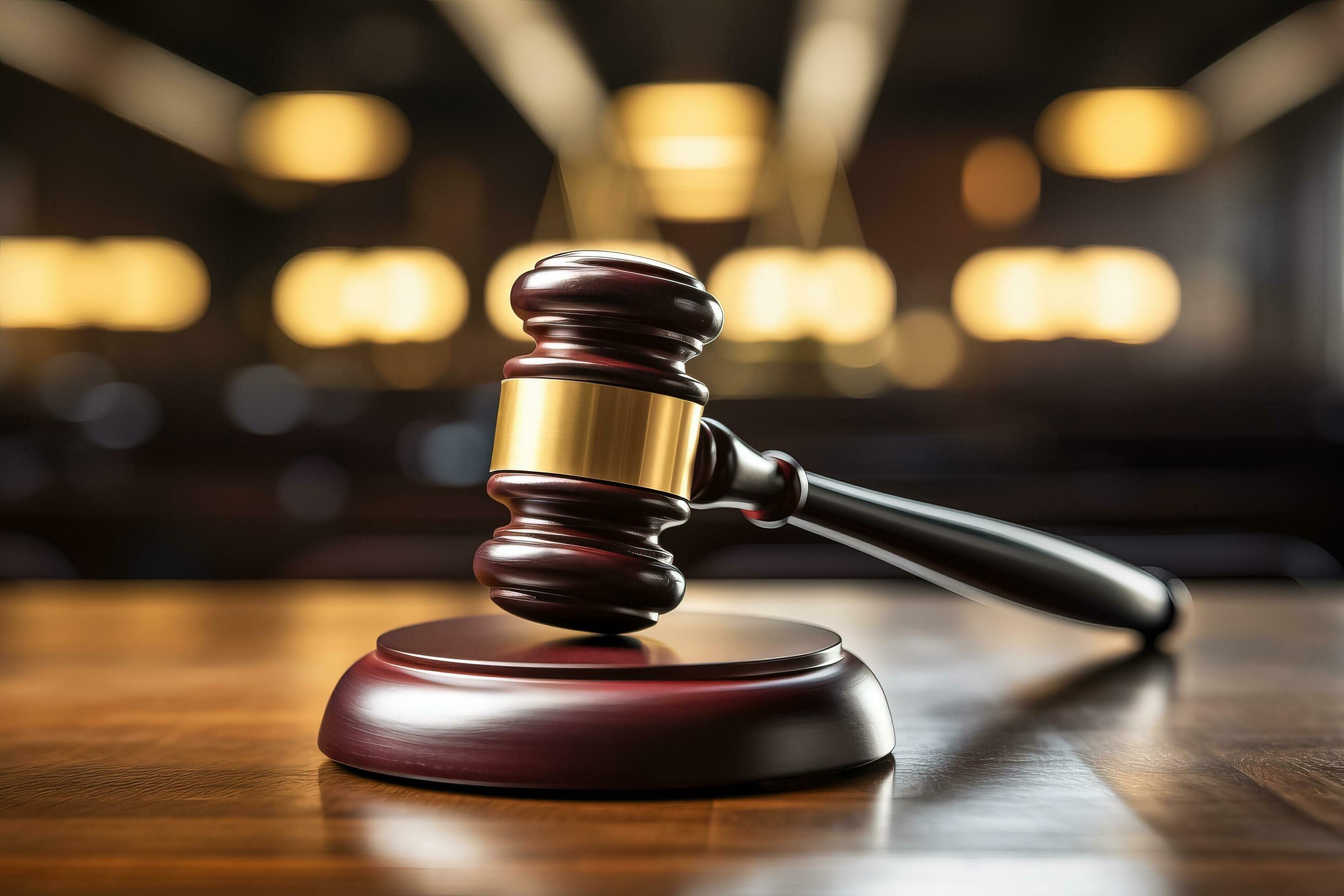

For more than 60 residents of Mivumoni 'B' village in Kwale County, the Court of Appeal has delivered more than a legal victory — it has reaffirmed their right to a clean and healthy environment.
In a judgment delivered on July 18, 2025, a
three-judge bench comprising Justices Agnes Murgor, Kibaya Imaana Laibuta, and
Ngenye-Macharia dismissed an appeal filed by Base Titanium Limited.
The mining giant had challenged a ruling by the Environment and Land Court (ELC), which found that it had jurisdiction to hear a constitutional petition brought against the company over environmental degradation near the villagers’ homes.
The petition, originally filed by Michael Kiswili on behalf of 65 residents, alleged that Base Titanium’s mining activities, located less than three kilometers from the village, had caused excessive noise and air pollution.
The residents cited numerous health problems, including risks to expectant mothers, children and animals, as well as poor crop yields due to titanium dust contamination.
“Having looked keenly at the prayers sought, the dominant prayer is the one seeking for a declaration that the petitioners have rights to a clean and healthy environment,” the Court stated, echoing the ruling by the ELC that was under appeal.
The judges dismissed Base Titanium’s argument that the dispute should have first been resolved through administrative channels, such as the Cabinet Secretary for Mining or the National Environment Tribunal.
They noted that while some elements of the case may fall under those bodies, the central issue was a violation of constitutional rights.
'Multi-faceted' dispute, but rights come first
The Court characterised the case as a “multi-faceted” or “mixed grill” dispute, with overlapping legal jurisdictions.
While acknowledging the roles of the Mining Act and the Environmental Management and Co-ordination Act (EMCA), the Court emphasised that when the crux of a dispute involves constitutional rights, such as the right to a clean and healthy environment, the ELC has original jurisdiction.
“It was sufficient that the 1st respondents (Kiswili) alleged that a right under the Constitution had been infringed or threatened with violation,” the ruling read.
“The issues raised fell within the original jurisdiction of the ELC.”
At the heart of the petition was the residents’ claim that they were not consulted during the Environmental Impact Assessment process and that no meaningful mitigation was put in place despite the harmful effects of titanium mining.
Simon Hall, Base Titanium’s General Manager of External Affairs, defended the company in a 2021 affidavit, stating that a full EIA was not necessary and that NEMA’s license was sufficient.
The company also filed a motion to strike out the petition, arguing that the ELC lacked jurisdiction.
But the courts disagreed.
A win for grassroots justice
For the villagers of Mivumoni “B,” this ruling is more than a legal technicality; it is recognition that their lives, health and environment matter.
“They are not concerned with the physical mining activities… but, rather, the effect of such mining activities on their environment,” their lawyer, Gathuku, had submitted during the appeal hearing.
The Court leaned on constitutional principles to support the decision, noting that the availability of alternative legal remedies does not automatically bar individuals from seeking constitutional relief.
Citing precedent from the Supreme Court, it added, “If the alternative remedy is deemed inadequate… the court is not restrained from providing constitutional relief.”
The decision is likely to set a precedent for similar cases, particularly those involving extractive industries operating near vulnerable communities.
It also reinforces the authority of the ELC to hear environmental cases rooted in constitutional claims, even when other legal forums exist.
Final word
In its closing remarks, the Court firmly stated: “We find nothing on which to fault the learned Judge… Consequently, the right to a clean and healthy environment can only be enforced by this court.”















